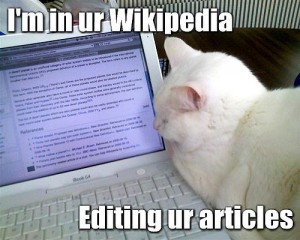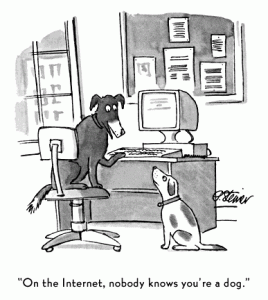rant
It’s job interviewing season, but don’t let this happen to you. But am I talking to interviewees or hiring companies? A Twitter user, theconnor {now set to private} offered up the following tweet:
“Cisco just offered me a job! Now I have to weigh the utility of a fatty paycheck against the daily commute to San Jose and hating the work.”
Then, Tim Levad, a Cisco “channel partner advocate” chimed in:
“Who is the hiring manager[?] I’m sure they would love to know that you will hate the work. We here at Cisco are versed in the web.”
Ugggghhh. Cringe. Almost immediately, there was a frenzied deluge of critical posts and Internet sleuthing. A website was even created based on a new meme, Cisco Fatty, and Helen A. S. Popkin wrote a MSNBC article blathering on-and-on about theconnor’s faux pas and how this is a cautionary tale. Really? Maybe MSNBC and Popkin should try to tweet news stories under 140 characters & get to the point more. Speaking of which…
“Cisco never did anything to me. I have no complaints about the company and apologize for any damage this situation has done to their image in anyone’s mind. What started as one individual calling me out quickly escalated into a major schadenfreude event, which in turn has quickly escalated into a media bandwagon.”
I saw this story evolve and I must admit I was irked by MSNBC’s snarky coverage of it. The story is all about tapping into readers’ insecurities about the current job market and warning employees about how they really need to be mindful of Web 2.0, so they’re not the subject of the next epic fail. It served to fan the flames of anger towards theconnor, as one of the “haves” who not only has a job, but one that makes bank. Popkin chastises theconnor:
“It’s like virtual Darwinism. The ‘Cisco Fattys’ of the world are damned by their own senselessness.”
but what are the real implications here? Senselessness? Well, Popkin has committed to the web a bunch of senselesness of her own, but, oh, wait, she’s a journalist…who needs to do more frackkin’ journalism. Here’s 1,070 words by her on Twitter that totally misses the point and offers up no insights.
- There is no such thing as privacy
- Perceptions are volatile & are hard to control
- Perceptions can be shaped by those with pageviews
- Media and journalism are often about pageviews, not about good content, let alone good journalism
- Web business processes like commenting/responding need to be articulated into policies
/rant

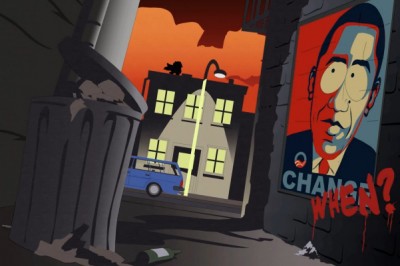
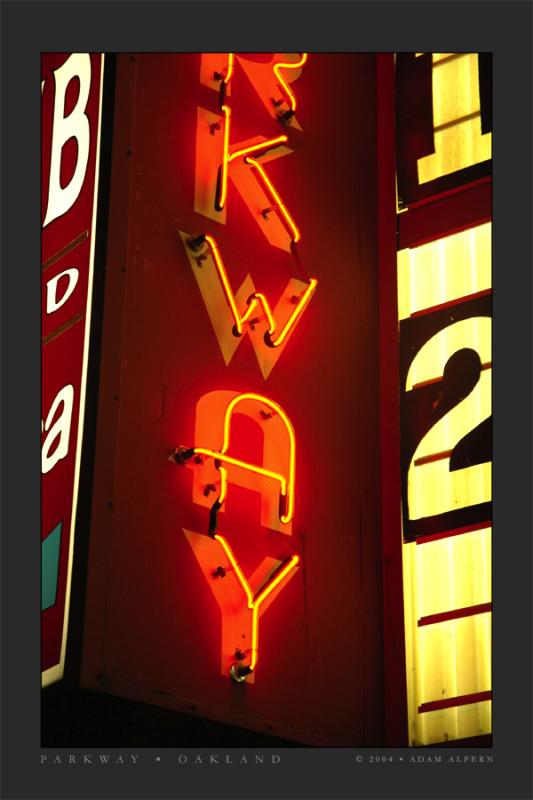 This will be one of two posts on urbanism by me. The other will involve
This will be one of two posts on urbanism by me. The other will involve 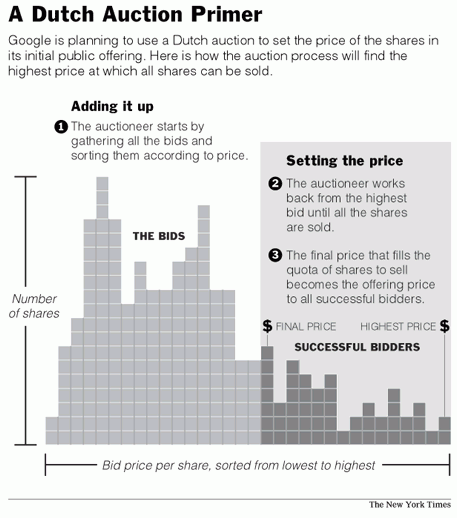
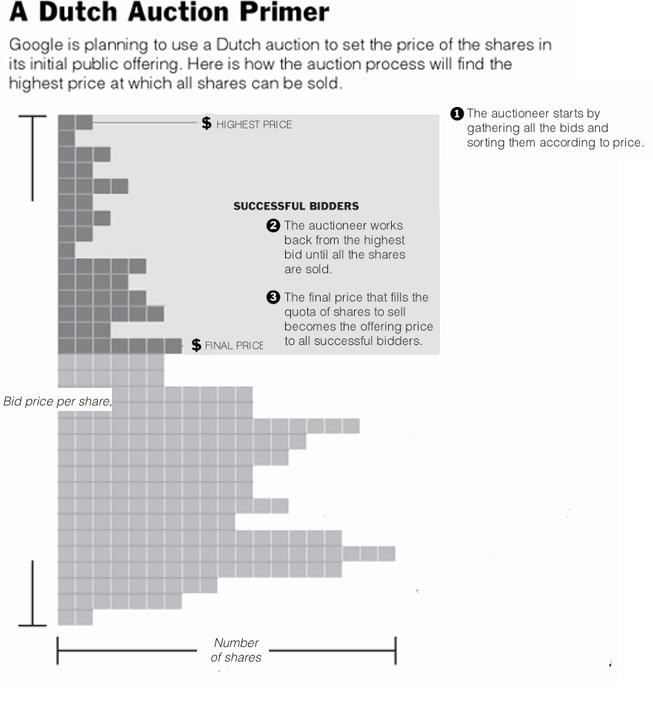
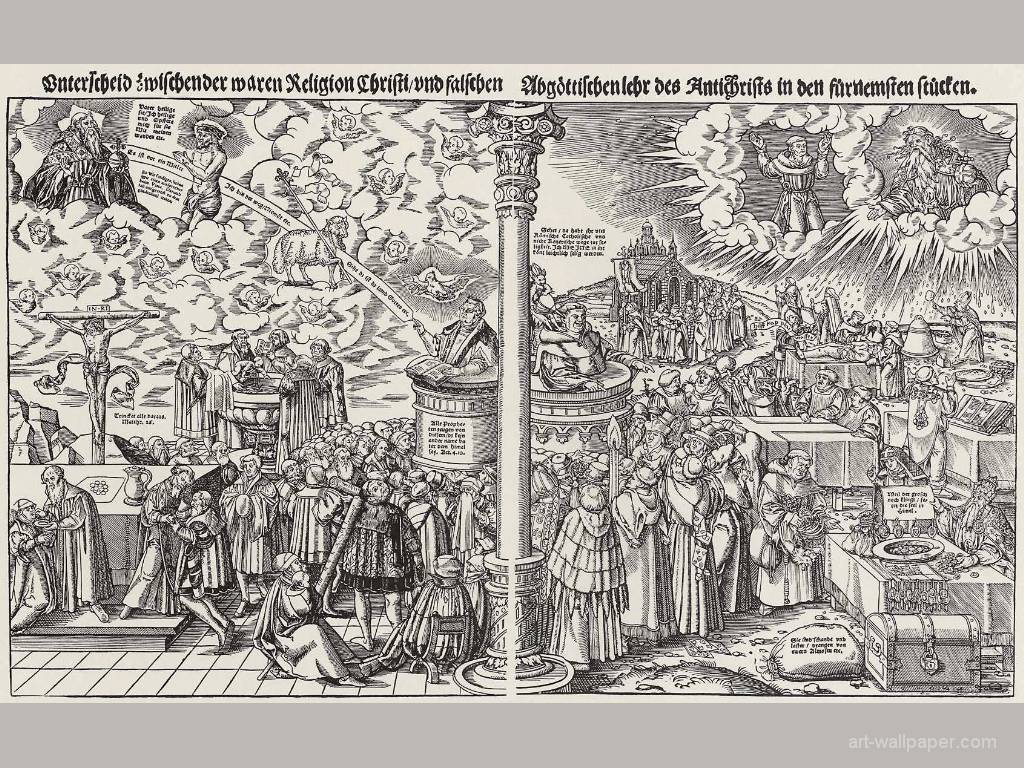 I’ve been thinking about José’s blog on
I’ve been thinking about José’s blog on 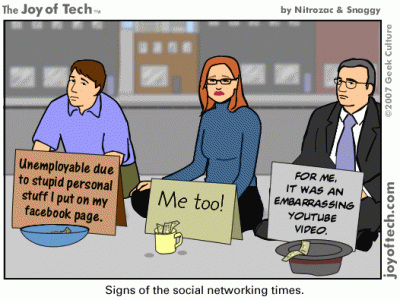 Many of us post to Facebook, perhaps unaware of what can happen to that content and who has rights to it. All of this came to a head a few days ago, as Facebook’s new terms of service (TOS) came to light and were met with a range of reactions from
Many of us post to Facebook, perhaps unaware of what can happen to that content and who has rights to it. All of this came to a head a few days ago, as Facebook’s new terms of service (TOS) came to light and were met with a range of reactions from 
